Alerts
Sex steroid deficiency-associated bone loss is microbiota dependent and prevented by probiotics
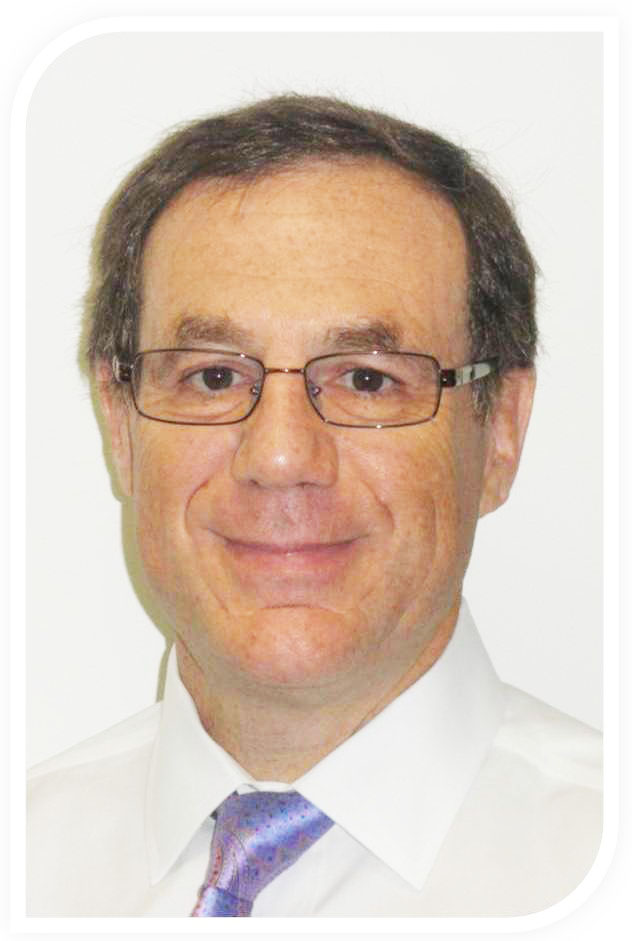
According Pr Roberto Pacifici, from Emory University School of Medicine, USA: "A eubiotic microbiota influences many physiological processes in the metazoan host, including development and intestinal homeostasis. Here (in our study), we have shown that the intestinal microbiota modulates inflammatory responses caused by sex steroid deficiency, leading to trabecular bone loss. [...] In germ-free (GF) mice, sex steroid deficiency failed to increase osteoclastogenic cytokine production, stimulate bone resorption, and cause trabecular bone loss, demonstrating that the gut microbiota is central in sex steroid deficiency–induced trabecular bone loss. [...] Together, these data highlight the role that the gut luminal microbiota and increased gut permeability play in triggering inflammatory pathways that are critical for inducing bone loss in sex steroid–deficient mice. Our data further suggest that probiotics that decrease gut permeability have potential as a therapeutic strategy for postmenopausal osteoporosis."
The scientific committee of the International Society of Microbiota is honoured to welcome Pr Pacifici during the 4th World Congress on Targeting Microbiota to be held on October 17-19, 2016 at Institut Pasteur, Paris.
For more information and registration: www.microbiota-site.com
Marvin Edeas, Chairman of ISM
Lung microbes and their effect on asthma: A new strategic topic which will be discussed during Targeting Microbiota 2016
During the 4th Congress on Targeting Microbiota, Dr. Muriel Thomas from INRA Jouy, France will be presenting the topic of "Lung microbes and their effect on asthma".
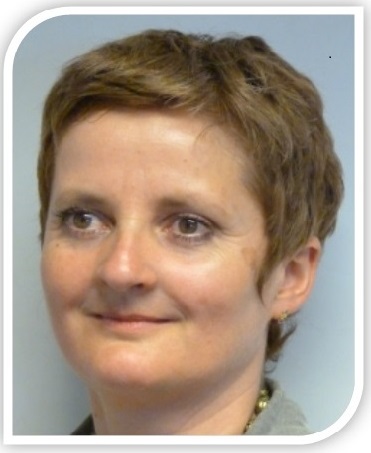
The following main questions will be anserwed during the congress :
- What is the Influence of germ free status on lung physiology in mice?
- Can we isolate viable and functional bacteria in the lung at steady state or during asthma ?
- Do the Lung bacterial strains display specific immunoregulatory properties ?
- Do the lung strains modulate a pathology like asthma in mice neonates ?
The research highlights:
- • The absence of microbes affects lung physiology and immunity
- • Lung primocolonization is a highly susceptible period for asthma
- • Lung bacterial strains display ex vivo and in vivo immunoregulatory properties
- • The equilibrium between protective and exacerbating strains modulate asthma feature
If you are interested to know more about Dr Thomas' researches, do not hesitate to join the participants by registering here: www.microbiota-site.com
Marvin Edeas Chairmen of ISM
More than 350 attendees participated during Targeting Microbiota Three-day congress
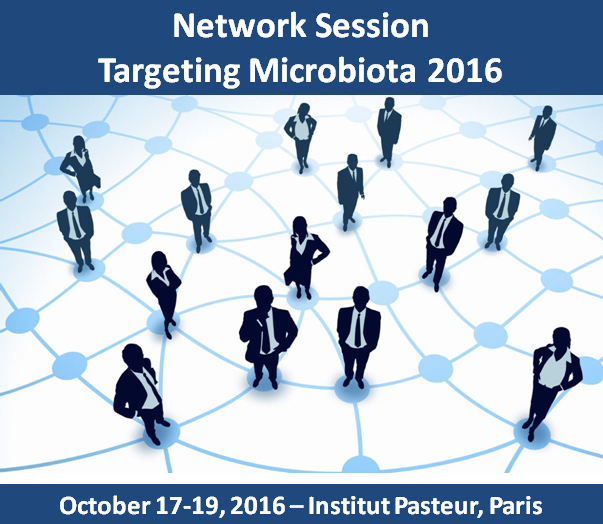
Targeting Microbiota 2016 was the perfect opportunity to meet all the leaders in the field of microbiota. If you are interested to contact specific persons, please let us informed and we will organize your exchanges.
Tools and approaches to achieve strain resolution analyses of the microbiota

Dr. Knut Rudi, from the Norwegian University of Life Sciences will present his research about the "Tools and approaches to achieve strain resolution analyses of the microbiota". He will specially highlight the role of the gut microbiota mobilome and the potential of pathogen transmission of antibiotic resistance during the 4th World Congress on Targeting Microbiota to be held on October 17-19 at Institut Pasteur.
During his presentation, Dr Rudi will answer the following questions:
- How can we determine the number of bacterial strains colonizing the human gut?
- What are the main vectors for horizontal gene transfer of antibiotic resistance in the gut?
- What are the taxonomic associations for horizontal gene transfer in the gut?
If you would like to know more about Dr. Knut Rudi' study, don't hesitate and come.
For more information: www.microbiota-site.com
Moody microbes or fecal phrenology: what do we know about the microbiota-gut-brain axis

During the 4th World Congress on Microbiota, Dr. Paul Forsythe from the McMaster University of Canada will be speaking about his researches about the moody microbes or fecal phrenology.
According to Dr Forsythe, the microbiota-gut-brain axis is a term that covers a broad set of functions and interactions between the gut microbiota, the endocrine, immune and nervous systems, and the brain.
At first sight it appears gut microbes are largely responsible for the development, maturation and adult function of the enteric nervous system as well as the blood brain barrier, microglia and many aspects of the central nervous system structure and function. Communication between gut and brain depends on both humoral and nervous connections. Since such communication is bi-directional and occur through complex pathways, it is perhaps not surprising that while striking observations have been reported, they have often either not yet been reproduced or their replication by others has not been successful. Given the state of the art in this exploding field and the hopes, as well as the skepticism, which have been engendered by its popular appeal, this presentation will explore recent examples of evidence in rodents and data derived from studies in humans, which offer insights as to pathways involved.
For more information about Targeting Microbiota World Congress and Dr Forsythe's presentation: www.microbiota-site.com
Marvin Edeas, Chairman of ISM
Systemic immunity against selected gut microbes protects from atherosclerosis and wetsern-diet-related inflammation
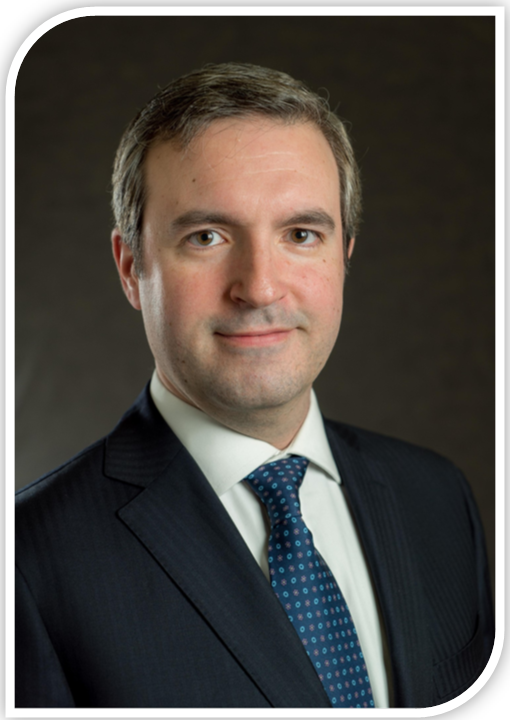 Common features of immune-metabolic and inflammatory diseases such as metabolic syndrome, diabetes, obesity and cardiovascular diseases are an altered gut microbiota composition and a systemic pro-inflammatory state. In this publication, Pr Canducci and his team demonstrate that active immunization against the outer membrane protein of bacteria present in the gut enhances local and systemic immune control via apoE-mediated immune-modulation. Reduction of western-diet-associated inflammation was obtained for more than eighteen weeks after immunization. Immunized mice had reduced serum cytokine levels, reduced insulin and fasting glucose concentrations; and gene expression in both liver and visceral adipose tissue confirmed a reduced inflammatory steady-state after immunization. Moreover, both gut and atherosclerotic plaques of immunized mice showed reduced inflammatory cells and an increased M2 macrophage fraction.
Common features of immune-metabolic and inflammatory diseases such as metabolic syndrome, diabetes, obesity and cardiovascular diseases are an altered gut microbiota composition and a systemic pro-inflammatory state. In this publication, Pr Canducci and his team demonstrate that active immunization against the outer membrane protein of bacteria present in the gut enhances local and systemic immune control via apoE-mediated immune-modulation. Reduction of western-diet-associated inflammation was obtained for more than eighteen weeks after immunization. Immunized mice had reduced serum cytokine levels, reduced insulin and fasting glucose concentrations; and gene expression in both liver and visceral adipose tissue confirmed a reduced inflammatory steady-state after immunization. Moreover, both gut and atherosclerotic plaques of immunized mice showed reduced inflammatory cells and an increased M2 macrophage fraction.
These results will be presented during Targeting Microbiota World Congress, by Pr Filippo Canducci from San Raffaele Scientific Institute IRCCS, Italy, to be held at Institut Pasteur on October 17-19, 2016.
For more information: www.microbiota-site.com
The first Symposium dedicated to Skin Microbiota gathered around one hundred specialists on skin in Paris
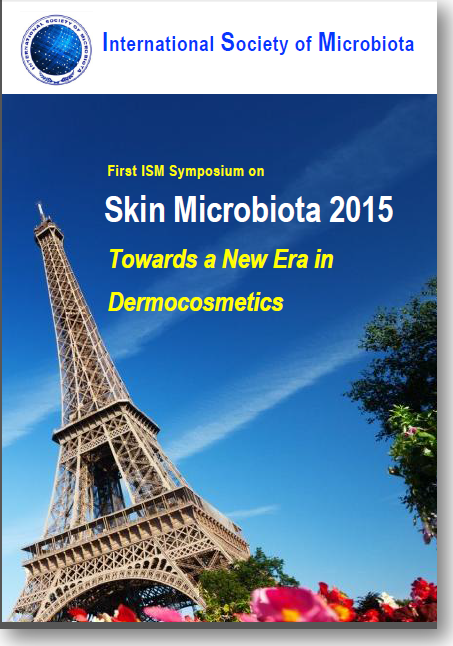 The first symposium on Skin Microbiota held on June 17 was a huge success. Around one hundred participants involved in skin microbiota gathered in Paris and discussed the recent scientific advances and innovations in the field of Skin Microbiota.
The first symposium on Skin Microbiota held on June 17 was a huge success. Around one hundred participants involved in skin microbiota gathered in Paris and discussed the recent scientific advances and innovations in the field of Skin Microbiota.
Two scientists were awarded for their scientific contribution:
Dr Tewes Tralau presented a talk about "Insights on Human Microbiota & Focus on Skin Microbiota"
Dr Chris Callawaert presented a talk about "The Textile and Armpit Microbiome in Relation to Body Odor and the Influence of Deodorants and Antiperspirants"
To access to the program of Skin Microbiota 2015, please click here.
To access to the pictures, please click here.
To order the abstracts book, please contact us.
Microbiota and Colorectal Cancer: ISM is honoured to welcome Pr Iradj Sobhani as distinguished speaker
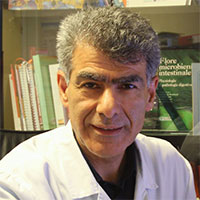 As Editor-in-Chief of the Journal of the International Society of Microbiota, Pr Iradj Sobhani was invited by the scientific committee to give a strategic presentation about "Anti cancer chemotherapy and Microbiota changes in Colorectal cancer" during the 4th World Congress on Targeting Microbiota to be held at Institut Pasteur on October 17-19, 2016.
As Editor-in-Chief of the Journal of the International Society of Microbiota, Pr Iradj Sobhani was invited by the scientific committee to give a strategic presentation about "Anti cancer chemotherapy and Microbiota changes in Colorectal cancer" during the 4th World Congress on Targeting Microbiota to be held at Institut Pasteur on October 17-19, 2016.
According Pr Sobhani: "A colon cancer related dysbiosis has been reported and specific bacteria from either stool Microbiota or gut Microbiota have been characterized. Whether human microbiome might impact response of tumour to therapies is now a crucial issue. Several preliminary studies conducted in animals as well as in human support this hypothesis. W’ll summarize these data and give an overview on our preliminary pilot study under Folfox therapy."
For more information about the congress: www.microbiota-site.com
Marvin Edeas - Chairman of the scientific committee
Olfaction & Microbiota: What is the impact of microbiota on odorant detection and olfactory preferences in mice?
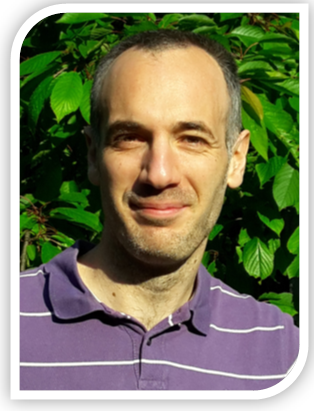
Dr Nicolas Meunier from Neurobiologie de l'Olfaction et Blosenseur (NBO) at INRA, France is invited to give a presentation about the impact of microbiota on odorant detection and olfactory preferences in mice.
During his presentation, Dr Meunier will answer the following questions:
- Does the absence of microbiota alter the olfactory epithelium development?
- Is the detection of odorant different in germfree mice?
- Does the microbiota alter the interest of mice to odours?
If you are interested to know more about the olfaction and microbiota, don't hesitate to register for Targeting Microbiota World Congress.
Targeting Microbiota 2016
www.microbiota-site.com
What is the gut microbiota-bone axis? Recent advances and perspectives

One of the strategic question of Targeting Microbiota 2016 will be "What is the gut microbiota-bone axis?"
This strategic question will be answered by Dr Elena Comelli, Lawson Family Chair in Microbiome Nutrition Research, Faculty of Medicine, University of Toronto, Canada.
She will also highlight the mechanisms underlined by the gut microbiota-bone axis and will answer the question "Can we use diet to beneficially impact this axis?"
If you are interested to know more about this strategic topic, come and register on www.microbiota-site.com
The butyrate revival. Short chain fatty acids as key mediators of gut microbiota
Pr Hervé Blottière, the Director of Research at INRA, the French National Research Institute for Agricultural and Food Research, will join the 4th Congress on Targeting Microbiota and present his research topic of "The butyrate revival. Short chain fatty acids as key mediators of gut microbiota".
the Director of Research at INRA, the French National Research Institute for Agricultural and Food Research, will join the 4th Congress on Targeting Microbiota and present his research topic of "The butyrate revival. Short chain fatty acids as key mediators of gut microbiota".
The following questions will be discussed during the congress:
- Is depletion of butyrate metabolic pathway genes in gut microbiome a common trait of disease-associated dysbiosis?
- Can we consider short chain fatty acids as essential cell-signaling modulators in host cells through Lysine/Histone Deacetylase inhibition and G-protein coupled receptor activation ?
- What is the effect of SCFA on the intestinal immune cells ?
If you are interested to know more about Pr Blottière's researches, do not hesitate to join the participants by registering here: www.microbiota-site.com
Transition from an infant- to adult-like gut microbiota – where do the bacteria come from?
 During the 4th World Congress on Targeting Microbiota, Dr Ekaterina Avershina, from the Norway University of Life Sciences will talk about the "Transition from an infant- to adult-like gut microbiota – where do the bacteria come from?".
During the 4th World Congress on Targeting Microbiota, Dr Ekaterina Avershina, from the Norway University of Life Sciences will talk about the "Transition from an infant- to adult-like gut microbiota – where do the bacteria come from?".
During her presentation, she will highlight and answer for following questions:
- How can we determine the number of bacterial strains colonizing the human gut?
- What are the main vectors for horizontal gene transfer of antibiotic resistance in the gut?
- What are the taxonomic associations for horizontal gene transfer in the gut?
If you are interested to know more about this strategic topic, you can register for the 4th World Congress on Targeting Microbiota by clicking here.
The International Society of Microbiota
www.microbiota-site.com
The challenge of the bioinformatics, integrating clinical and microbiome data will be discussed during Targeting Microbiota Congress 2016
 During Targeting Microbiota World Congress 2016, Dr Velma Aho from the University of Helsinki will take about the challenge of the bioinformatics, integrating clinical and microbiome data. She will especially present the examples from gut, oral and nasal microbiota in Parkinson's disease.
During Targeting Microbiota World Congress 2016, Dr Velma Aho from the University of Helsinki will take about the challenge of the bioinformatics, integrating clinical and microbiome data. She will especially present the examples from gut, oral and nasal microbiota in Parkinson's disease.
At the end of Dr Aho's presentation, the following questions will be answered:
- What to consider when designing a microbiome study?
- How to integrate clinical and microbiome data?
- What can we say about the associations between Parkinson’s disease and gut, oral and nasal microbiota?
If you are interested to know more about bioinformatics and microbiota data management, you can join the participants of Targeting Microbiota World Congress by registering here.
Marvin Edeas, Chairman of ISM
Maternal microbiota sets neonatal innate immune system development

Dr Mercedes Gomez de Agüero from the University of Bern in Switzerland was invited by the scientific committee of the International Society of Microbiota to present her researches about the maternal microbiota and the neonatal innate immune system development.
The following questions will be answered by Dr Gomez during the congress:
- When the impact of the microbiota in the development of the immune system starts?
- What is the role played by the maternal antibodies in the impact of maternal microbiota in the development of neonatal immune system?
- Which kind of bacterial products would be involved in the effect of maternal microbiota in the shaping of the neonatal immune system?
According to Dr Gomez, Mammalian, born from a sterile environment in the maternal uterus, get colonized by a millions of microorganism at birth. How the immature neonatal immune system of the newborn is prepared to this colonisation was not clearly understood. Using an auxotrophic genetically modified strain of Esc Maternal microbiota sets neonatal innate immune system development herichia coli, we reversible colonised pregnant germ free mice and analysed by flow cytometry and RNA sequencing the impact of maternal microbiota on the development of immune system in the pups. [...] The offspring from gestational colonized mothers were protected against microbiota challenge preventing bacterial translocation to mesenteric lymph nodes and modulating gene expression. Our results reveal the tremendous role played by maternal microbiota and antibodies in setting the baseline of the innate immune system in the neonates.
For more information about this strategic topic, don't hesitate to register on www.microbiota-site.com
Important human microbial ecological system modulator - FMT or one of the best clinical applications of epigenetics in gastroenterology
 During Targeting Microbiota World Congress 2016, Dr. Diana Zandere from the University of Riga, Latvia will talk about the important human microbial ecological system modulator - FMT (fecal microorganism transplantation) or one of the best clinical applications of epigenetics in gastroenterology.
During Targeting Microbiota World Congress 2016, Dr. Diana Zandere from the University of Riga, Latvia will talk about the important human microbial ecological system modulator - FMT (fecal microorganism transplantation) or one of the best clinical applications of epigenetics in gastroenterology.
At the end of Dr Zandere's presentation, the following questions will be answered:
- Have there been FMT donor selection with appropriate donor-recipient sex matching (i.e.young female to female, young male to male and so on) in order to enhance FMT colonization success?
- Should donors or recipients adhere for a certain period of time to agluten diet for better therapeutic gain (think zonulin-occludin systems and/or N-(phosphonomethyl) glycine?
- Is nutritional background as an important GI microbiome modulator & epigenetic modulator being investigated enough in connection to FMT and/or probiotic or sinbiotic "loading"? Polypharmacy + probiotics without true enteric coating + frozen unmatched FMT donor material + long term nutritional management absent +xenoestrogens+ recipient with organ deficiency=...?
If you are interested to know more about human microbial ecological system, you can join the participants of Targeting Microbiota World Congress by registering here.
Marvin Edeas, Chairman of ISM
Bacteriocin from epidemic Listeria strains alters the host intestinal microbiota to favor infection
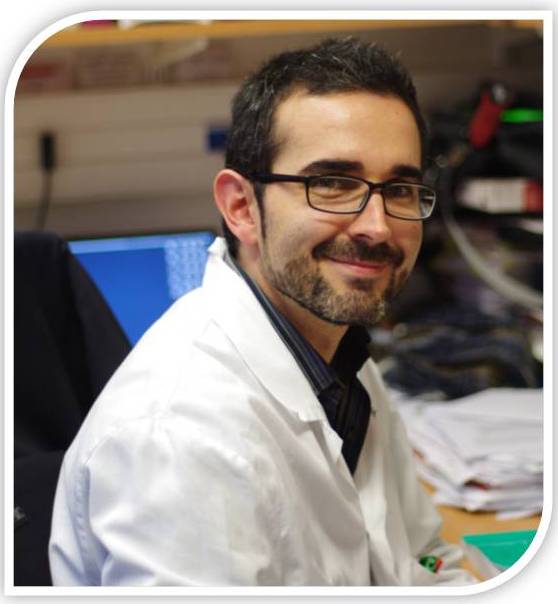 The scientific committee of the International Society of Microbiota invited Dr Juan José Quereda from the Institut Pasteur to give a talk about Bacteriocin from epidemic Listeria strains alters the host intestinal microbiota to favor infection.
The scientific committee of the International Society of Microbiota invited Dr Juan José Quereda from the Institut Pasteur to give a talk about Bacteriocin from epidemic Listeria strains alters the host intestinal microbiota to favor infection.
During his talk, Dr Quereda will answer the following questions:
1) Does Listeria monocytogenes produce any bacteriocin and where is it produced?
2) Does this bacteriocin alter the host intestinal microbiota?
3) Does this bacteriocin impact the infectious potential of the producing L. monocytogenes strains?
If you are interested to know more about this strategic topic, you can register for the 4th World Congress on Targeting Microbiota by clicking here.
Marvin Edeas - Chairman of ISM
The International Society of Microbiota
www.microbiota-site.com
Bacteriophages for improving human health: from food additives to dietary supplements
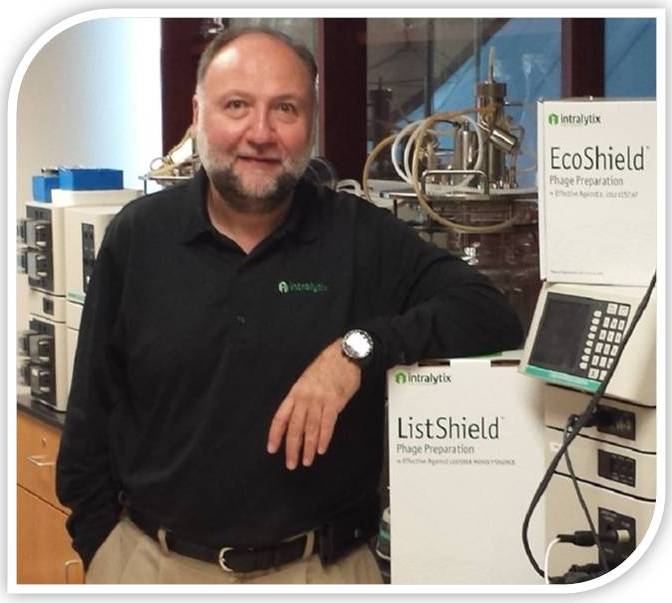
The scientific committee of the International Society of Microbiota is honoured to welcome Dr. Alexander Sulakvelidze, Editor-in-chief of Bacteriophage for the 4th edition of Targeting Microbiota World Congress.
During the congress, Dr. Sulakvelidze will talk about bacteriophages for improving human health: from food additives to dietary supplements. According to Dr. Sulakvelidze, the emergence of drug-resistant bacteria has rekindled interest in potential utility of lytic bacteriophages for managing bacterial infections. While most public attention has focused on the use of phages for treating human infections, there are currently no FDA-approved phage products available for human therapeutic applications. It is anticipated that such products will be gradually approved and marketed over the next several years. Meanwhile, lytic bacteriophages are already improving our health by enhancing our food safety; e.g., several FDA-approved phage-based products are currently on the market for “phage biocontrol” applications. Moreover, application of bacteriophages as dietary supplements / probiotics is also gaining an increased attention, as phages are increasingly being considered for targeted fine-tuning of the human microbiota for health benefits.
The presentation will give the audience a current perspective about the history of bacteriophage therapy research and the crucial regulatory and human safety issues concerning the use of bacteriophages in various applications ranging from food safety (“phage biocontrol”) to dietary supplements / probiotics.
For more information please visit: www.microbiota-site.com
Role of the microbiome in inflammatory bowel diseases: using multi-omics datase

The microbial ecosystem residing in the human gastrointestinal tract plays an intimate role in the development and well-being of their human host. The gut commensal microbes reside in synergy with the host, undertaking wide range of functions that benefits themselves and their host. These host-associated microbial communities that share different functional genes between distinct bacterial species are increasingly associated with horizontal gene transfer (HGT).
During Targeting Microbiota World Congress, Dr Knut Rudi from the Norwegian University of Life Sciences will discuss the current status and future developments in their knowledge about the infant gut microbiota mobilome will be discussed.
Marvin Edeas from Institut Cochin, INSERM U1016 will present the challenge to find strategies to modulate the quality and diversity of microbiota
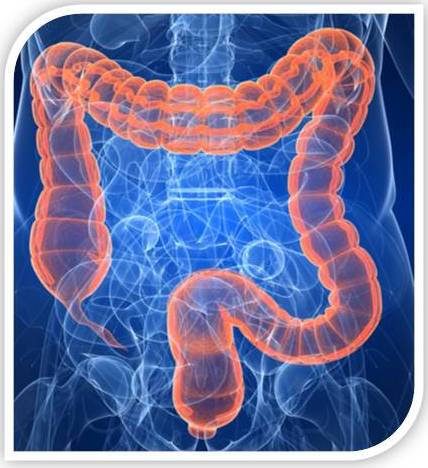 Our aim is to highlight the subtle relationship that exists between microbiota and mitochondria. Microbiota targets mitochondria by modulating the Reactive Oxygen Species (ROS) production and the mitochondrial activity through interactions with toxins, proteins or other metabolites released by gut microbiota. The intriguing relationship that exists between mitochondria and microbiota is strengthened by the probable prokaryotic origin of mitochondria. Emerging data implicates a role for ROS, nitric oxide, Short Chain Fatty Acids and hydrogen sulfide in the cross-talk between microbiota – mitochondria and REDOX signaling. Several studies have shown that microbiota act and modulate mitochondrial activity, and use it as a relay to strengthen host-microbiotal interaction. This modulation depends on the gut bacterial strain quality and diversity to increase its pathogenic versus beneficial effects. Furthermore, based on conclusions from new studies, it is possible that microbiota can directly interact with the host cell gene expression by favoring bacterial and mitochondrial DNA insertion in the nuclear genome. The emerging knowledge of mitochondria-microbiota interaction may be of great importance to better understand the mechanism of mitochondrial and metabolic diseases, and the syndromes associated with change in quality and quantity of microbiotal species. We suggest that microbiota via mitochondrial modulation influence cell homeostasis and metabolism. The challenge will be to find strategies to modulate the quality and diversity of microbiota rather than acting on microbiota metabolites and microbiota related factors. The medicine of tomorrow will be completely personalized. Firstly there will be a test to show the quality, quantity and diversity of microbiota, and secondly a preventive or therapeutic strategy will be administrated (probiotics, diet, prodrug or fecal transplantation). The era of digital medicine is here.
Our aim is to highlight the subtle relationship that exists between microbiota and mitochondria. Microbiota targets mitochondria by modulating the Reactive Oxygen Species (ROS) production and the mitochondrial activity through interactions with toxins, proteins or other metabolites released by gut microbiota. The intriguing relationship that exists between mitochondria and microbiota is strengthened by the probable prokaryotic origin of mitochondria. Emerging data implicates a role for ROS, nitric oxide, Short Chain Fatty Acids and hydrogen sulfide in the cross-talk between microbiota – mitochondria and REDOX signaling. Several studies have shown that microbiota act and modulate mitochondrial activity, and use it as a relay to strengthen host-microbiotal interaction. This modulation depends on the gut bacterial strain quality and diversity to increase its pathogenic versus beneficial effects. Furthermore, based on conclusions from new studies, it is possible that microbiota can directly interact with the host cell gene expression by favoring bacterial and mitochondrial DNA insertion in the nuclear genome. The emerging knowledge of mitochondria-microbiota interaction may be of great importance to better understand the mechanism of mitochondrial and metabolic diseases, and the syndromes associated with change in quality and quantity of microbiotal species. We suggest that microbiota via mitochondrial modulation influence cell homeostasis and metabolism. The challenge will be to find strategies to modulate the quality and diversity of microbiota rather than acting on microbiota metabolites and microbiota related factors. The medicine of tomorrow will be completely personalized. Firstly there will be a test to show the quality, quantity and diversity of microbiota, and secondly a preventive or therapeutic strategy will be administrated (probiotics, diet, prodrug or fecal transplantation). The era of digital medicine is here.
References :
Weissig, V. and Edeas, M., Mitochondrial medicine Vol. I Probing mitochondrial function. Preface. Methods Mol Biol. 2015, 1264
Weissig, V. and Edeas, M., Mitochondrial medicine. Vol. II Manipulating mitochondrial function. Preface. Methods Mol Biol. 2015, 1265
Dr Sean Kennedy, Institut Pasteur, Department of Genome & Genetics will highlight microbiota analysis and bioinformatics

Dr Sean Kennedy will chair the session about microbiota analysis and bioinformatics.
The scientific committee of ISM believes that bio-informaticians will play the most strategic role to interpret the microbiome and microbiota analysis.
Dr. Jasper will hightlight the age-related immune senescence and microbiota dysbiosis
 Dr. Henri Jasper, Professor and CSO of the Buck Institute for Research on Aging in Novato, Canada, will give a presentation about Age-related immune senescence and microbiota dysbiosis: lessons from the fly, on the 4th World Congress on Targeting Microbiota.
Dr. Henri Jasper, Professor and CSO of the Buck Institute for Research on Aging in Novato, Canada, will give a presentation about Age-related immune senescence and microbiota dysbiosis: lessons from the fly, on the 4th World Congress on Targeting Microbiota.
Dr. Jasper’s lab studies the effects of aging on the intestinal microbiota, using Drosophila as a genetically accessible model system. Recent studies have uncovered a critical role for immune deregulation in the development of microbiota dysbiosis in aging animals. The work established that the intestinal epithelium of aging flies develops an inflammatory condition that is characterized by hyper activation of the Relish-NFkB signaling pathway, and results in expansion of the commensal microbiota, a secondary inflammatory response, and over-activation of intestinal stem cell proliferation. By preventing NFkB deregulation, the authors are able to delay these phenotypes and extend lifespan. Current work focuses on age-related changes in microbiota composition and compartmentalization, and new findings will be presented at the conference.
Find more information about the congress here: http://www.microbiota-site.com/
Dr. Jasper’s lab studies the effects of aging on the intestinal microbiota, using Drosophila as a genetically accessible model system. Recent studies have uncovered a critical role for immune deregulation in the development of microbiota dysbiosis in aging animals. The work established that the intestinal epithelium of aging flies develops an inflammatory condition that is characterized by hyper activation of the Relish-NFkB signaling pathway, and results in expansion of the commensal microbiota, a secondary inflammatory response, and over-activation of intestinal stem cell proliferation. By preventing NFkB deregulation, the authors are able to delay these phenotypes and extend lifespan. Current work focuses on age-related changes in microbiota composition and compartmentalization, and new findings will be presented at the conference.






















































